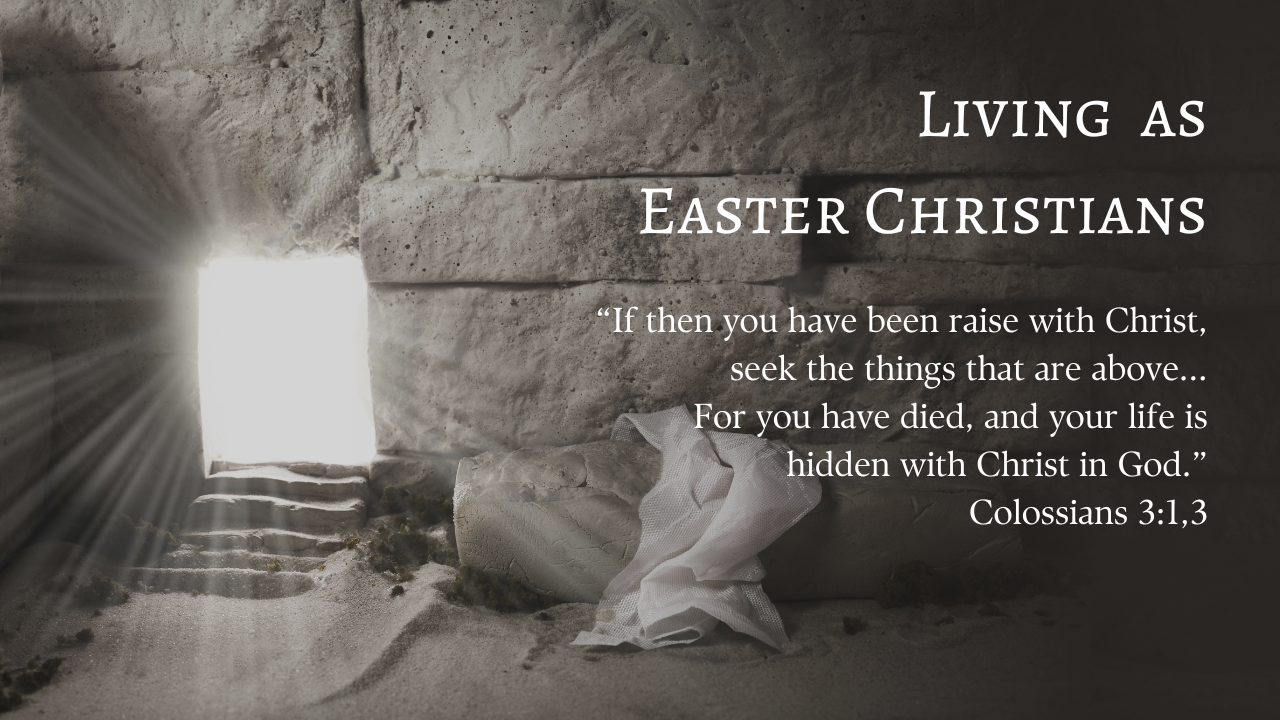|
The work of godliness is neither trivial nor optional. The obvious teaching of Scripture is that godliness is the natural outpouring of and response to the Holy Spirit’s work in the life of true believers. As I round out this series, the Apostle John makes a clear-as-day distinction: those who practice righteousness are children of God; and those who practice sin are children of the devil. The children of God are not given the right to sin; they are given the right to be righteous! May we hold our thoughts, words, and deeds captive to the Word of God.
0 Comments
Godliness requires a diligent devotion to maturation. The Apostle Peter provides for us the tools necessary for this spiritual growth. Like a rope that is made up of individual strands woven together, Peter lists eight virtues of godliness that believers are to foster. When present, they give to Christians a most useful tool for scaling the mountain of godliness. Identifying with Christ is more than a simple name badge. The new self is an entirely new creation with a new desire. That desire is to do the will of the Father who saves. This is thrust of Paul’s argument in this section of his Epistle to the Romans. There are certain responsibilities believers have toward other believers and all people. Leaning into these new and challenging relationships requires submission and obedience to the Word of God as the main source of mindful renewal. Related to the Christian’s struggle between flesh and spirit is the prevalent struggle of identity. Who do we say that we are? For some, identifying with their sinful condition is perfectly normal and good. Others like to identify with their enneagrams or horoscope personalities. Most often, people identify with their vocation or station in life. The Christian should not be tempted to think in any of those categories, for the new life we have in Christ means our identity is in Him. Paul outlines that identity as he challenges us to “set our minds on the things that are above.” The Christian’s life is one of struggle: a conflict between the flesh and the spirit. While some in contemporary Christianity may claim such distinction is unloving, it seems clear from Scripture that one cannot serve two masters (Matt. 6:24). What is within the heart will make itself known in the thoughts, speech, and actions of any and every individual. Paul knows this, which is why he draws a distinction between the “deeds of the flesh” and the “fruit of the Spirit.” Godly living is the result of one reality: the finished work of Christ on the cross. In this miniseries, I survey a selection of New Testament passages that point Christians to living in godliness. Living a holy life is not done to impress God or Man, but is the fruit of the new creation wrought by the Holy Spirit. One aspect of living as Easter Christians is our fellowship as believers and membership in the church, the visible body of Christ. The command to godliness is the natural outpouring and response to the graciousness of God. If Christ was willing to die for us, shouldn’t we at least be willing to live for Him? The New Testament’s response in an overwhelming “yes!” Paul commends such godliness to the Philippians (and to us) by listing a number of qualities and encouraging us to dwell on them. The ability to focus on these and not on the circumstances around us comes from the strength of Him who overcomes! |
About the SeriesGodliness is not an option for those who have been purchased by the blood of Christ. While the appearance of godliness is often exploited by the legalist and ignored by the lawless; it still stands that godliness is commanded and the natural response of the redeemed. Passages
All
|

